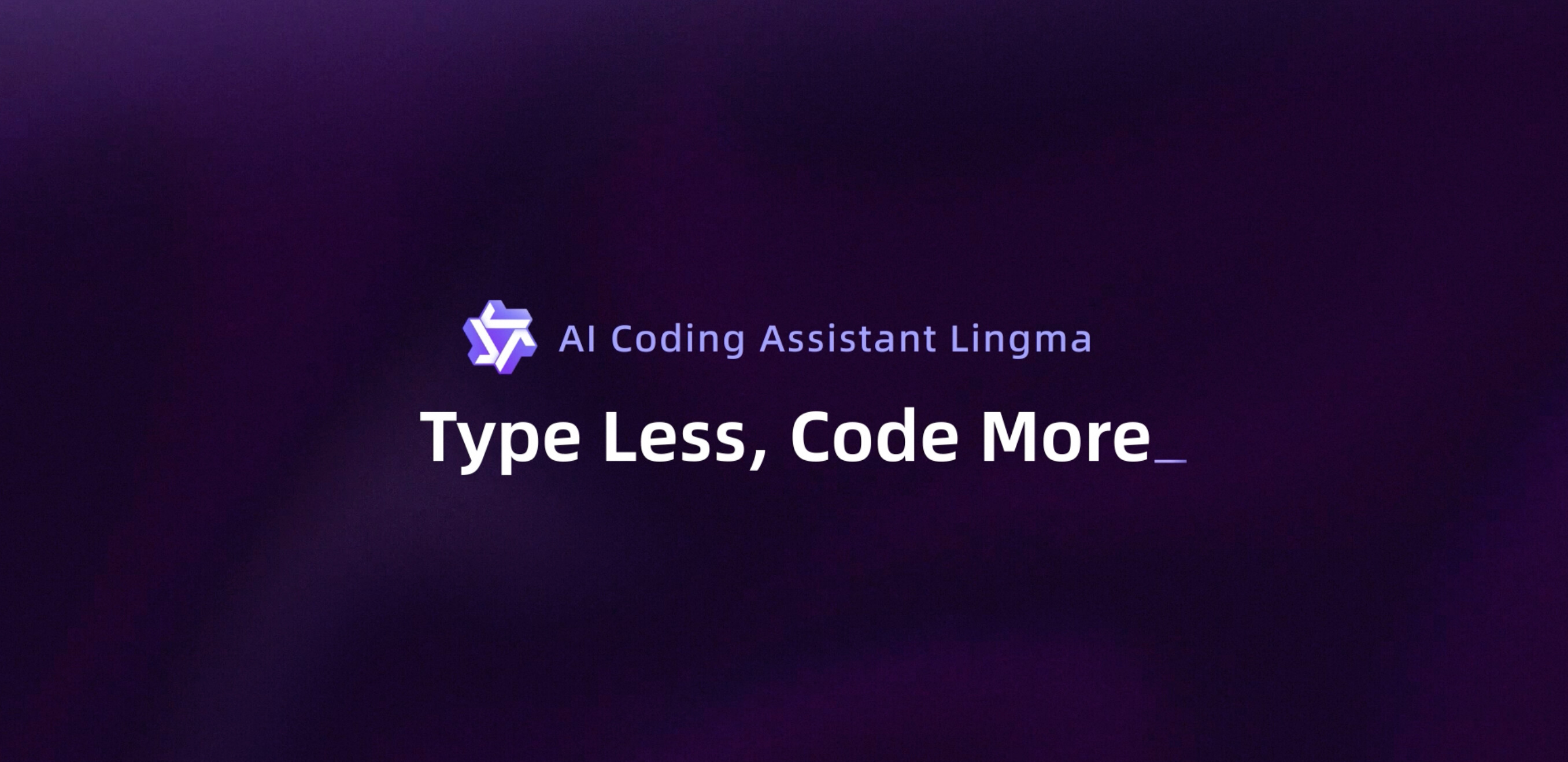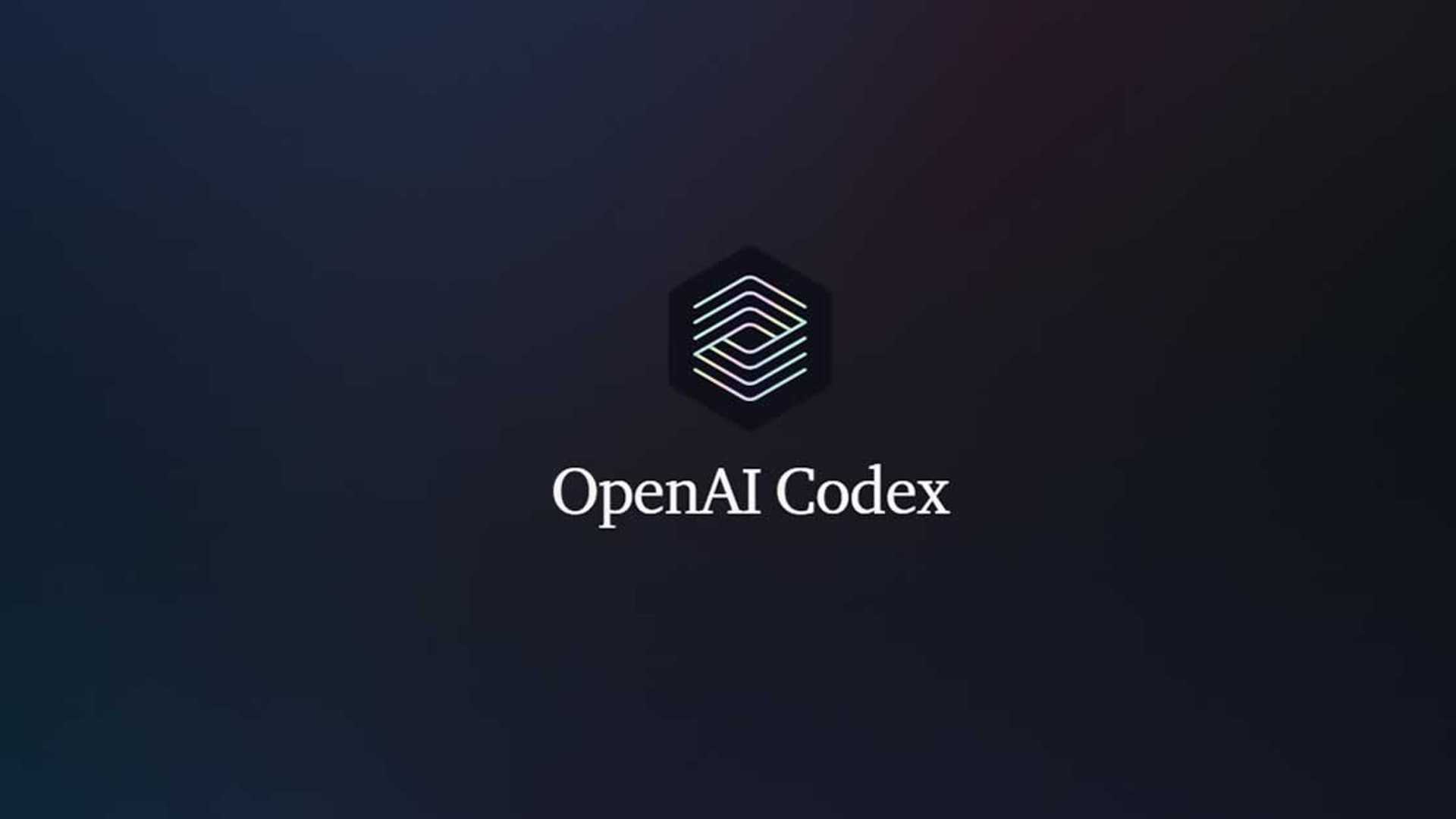OpenAI Launches Codex in ChatGPT: AI Tool for Coding
OpenAI recently unveiled Codex, an AI coding agent integrated into ChatGPT, poised to revolutionize the approach developers take towards coding tasks. Codex aims to aid developers by providing tools for code writing, debugging, testing, and answering programming queries.
Codex has been rolled out for users of ChatGPT Plus, Education, and Enterprise, with upcoming availability for ChatGPT Pro subscribers. Powered by the Codex-1 model, a variant of OpenAI’s o3 system tailored for enhanced performance in software development, Codex promises more reliable results, precise adherence to user instructions, and continuous refinement until the desired outcomes are achieved.
Key Features of Codex
Codex serves as an independent coding assistant capable of handling tasks that demand coding expertise. This enables users to focus on their work while Codex manages multiple tasks concurrently. Operating within a cloud environment, Codex interfaces with GitHub to access user code, enabling the development of new features and issue resolution.

Users can effortlessly access Codex by selecting the ‘Code’ icon in ChatGPT’s sidebar menu. Interaction with Codex involves issuing commands such as “Fix this error” or “Implement a login functionality.” By utilizing sidebar buttons, users can request explanations from Codex or assign it tasks for development. The task panel allows users to track Codex’s progress towards task completion.

Responses generated by Codex range from a few minutes for simple queries to up to 30 minutes for more intricate ones. Initial feedback indicates that Codex expedites regular development tasks, freeing up time for strategic planning and creative endeavors.
Security Measures
Ensuring adequate security when employing AI in development is crucial. OpenAI has implemented various safeguards to mitigate potential risks associated with Codex. Codex operates in a private environment, restricting internet access and interactions with external programs to prevent the generation of malicious code.
Codex leverages safety features integrated into the o3 model to reject commands with harmful implications. It refrains from producing detrimental software like viruses or phishing components, reinforcing its commitment to security.

Industry Trends and Competition
The demand for AI-powered tools to support developers is on the rise, with tech giants like Google and Microsoft utilizing AI for a significant portion of their code creation. Competitors such as Anthropic’s Claude Code and Google’s Gemini Code Assist have established their presence in the market, while startups like Cursor are attracting substantial investments.
OpenAI bolstered its market position through the acquisition of Windsurf for $3 billion. Additional tools like Sora, Deep Research, and Operator are being integrated into ChatGPT to enhance its capabilities. These enhancements are designed to benefit ChatGPT’s expanding user base and drive revenue growth for OpenAI.

The Future of Codex
OpenAI envisions Codex as a collaborative partner for engineers, assisting in automating tasks that would typically consume hours or days manually. Within OpenAI, Codex has proven invaluable for simplifying activities like documentation writing, test suite creation, and project setup.
While Codex is currently in a preview phase and subject to usage limits, early indications suggest it could revolutionize the developer’s workflow. Despite the potential for occasional errors, Codex’s capacity to accelerate processes and streamline coding tasks has the potential to reshape software development practices in the foreseeable future.










